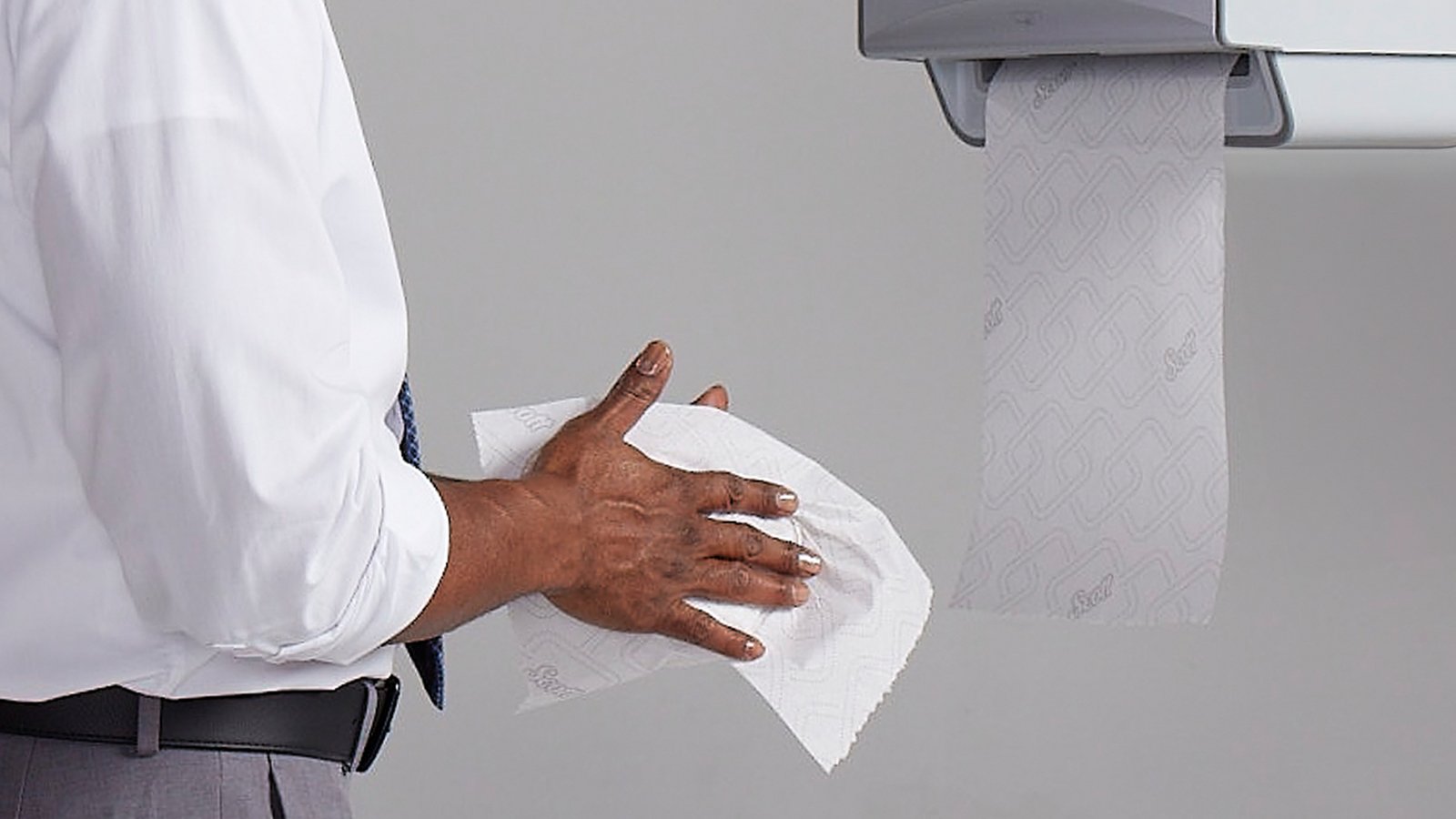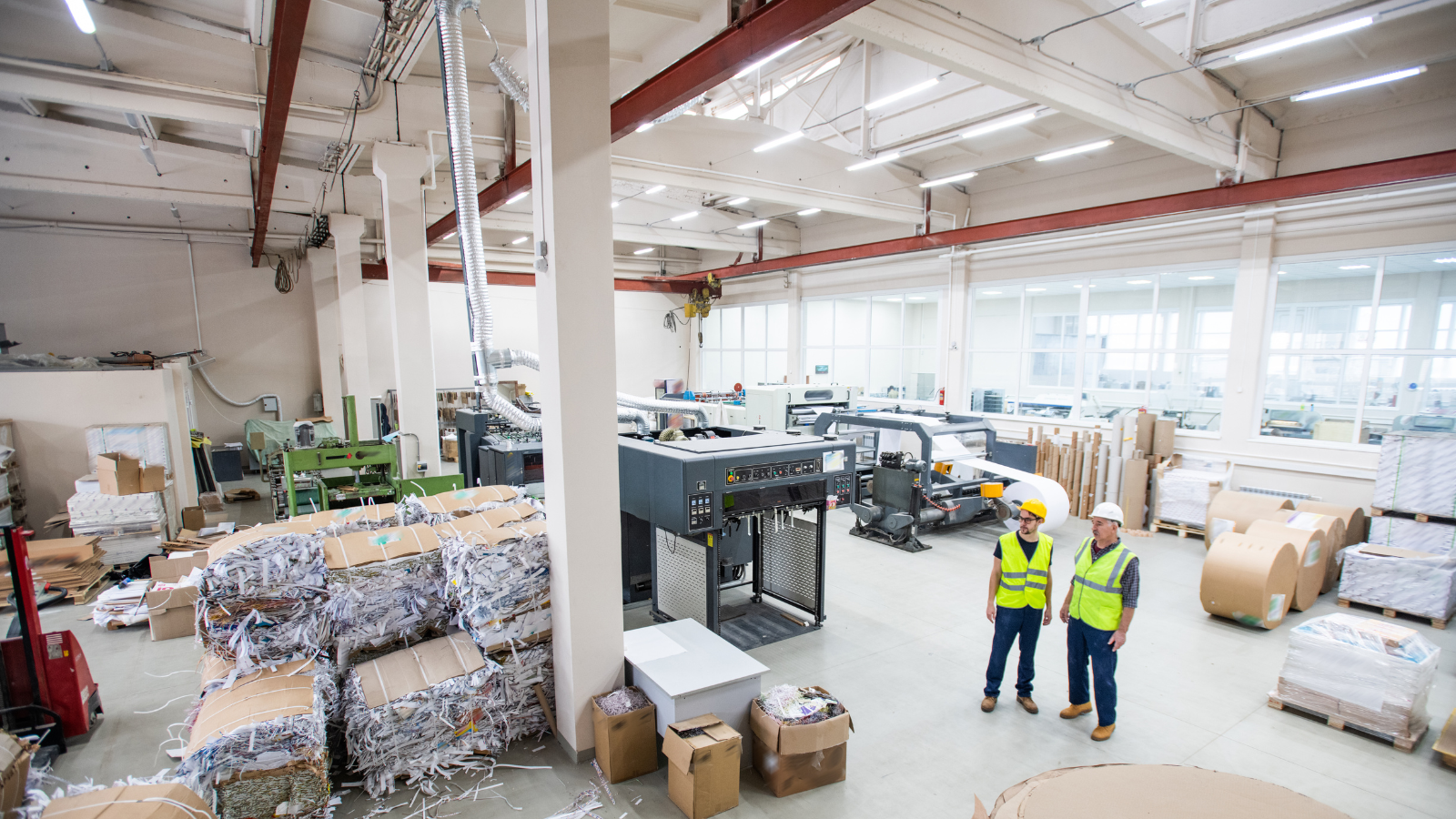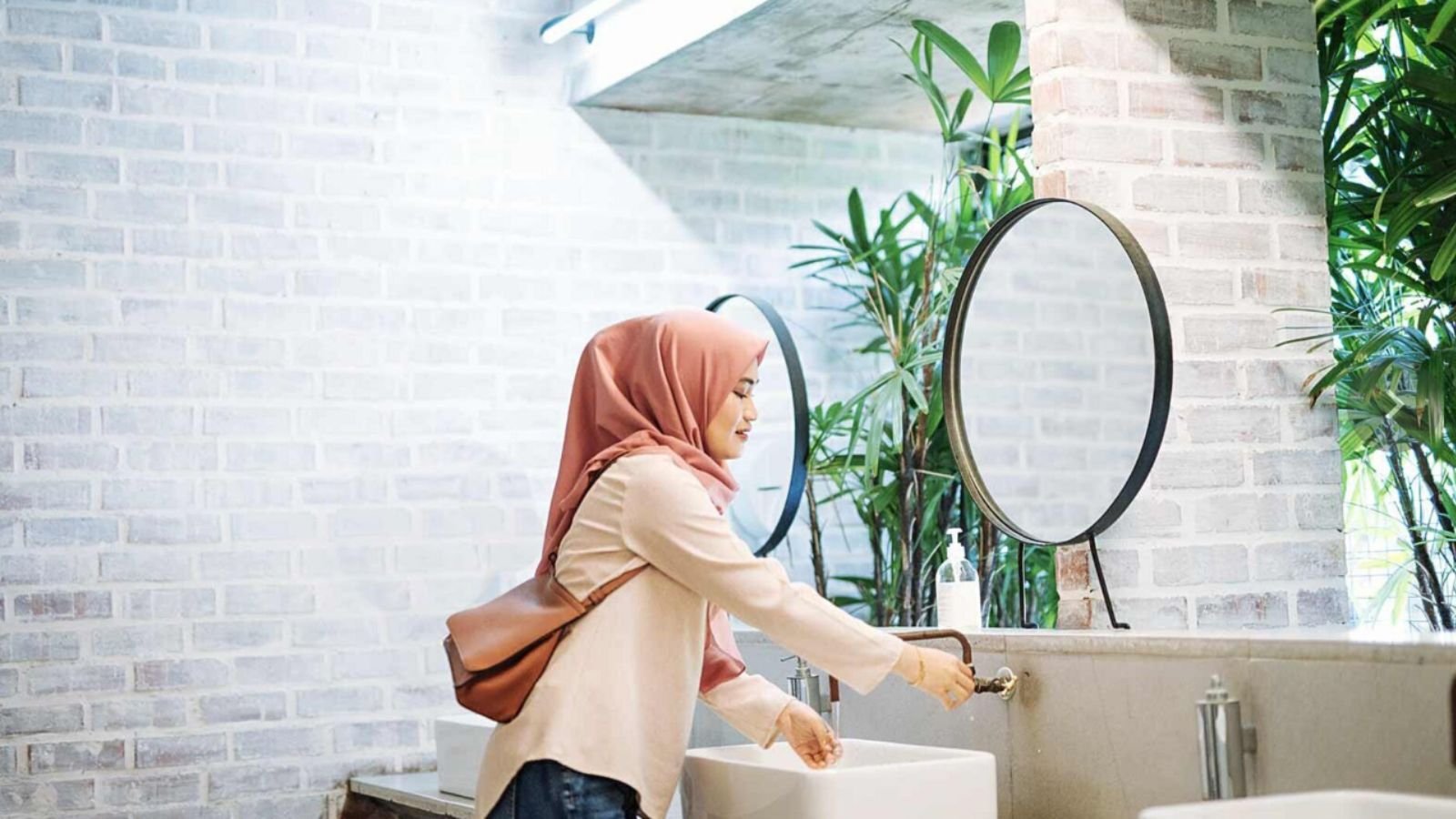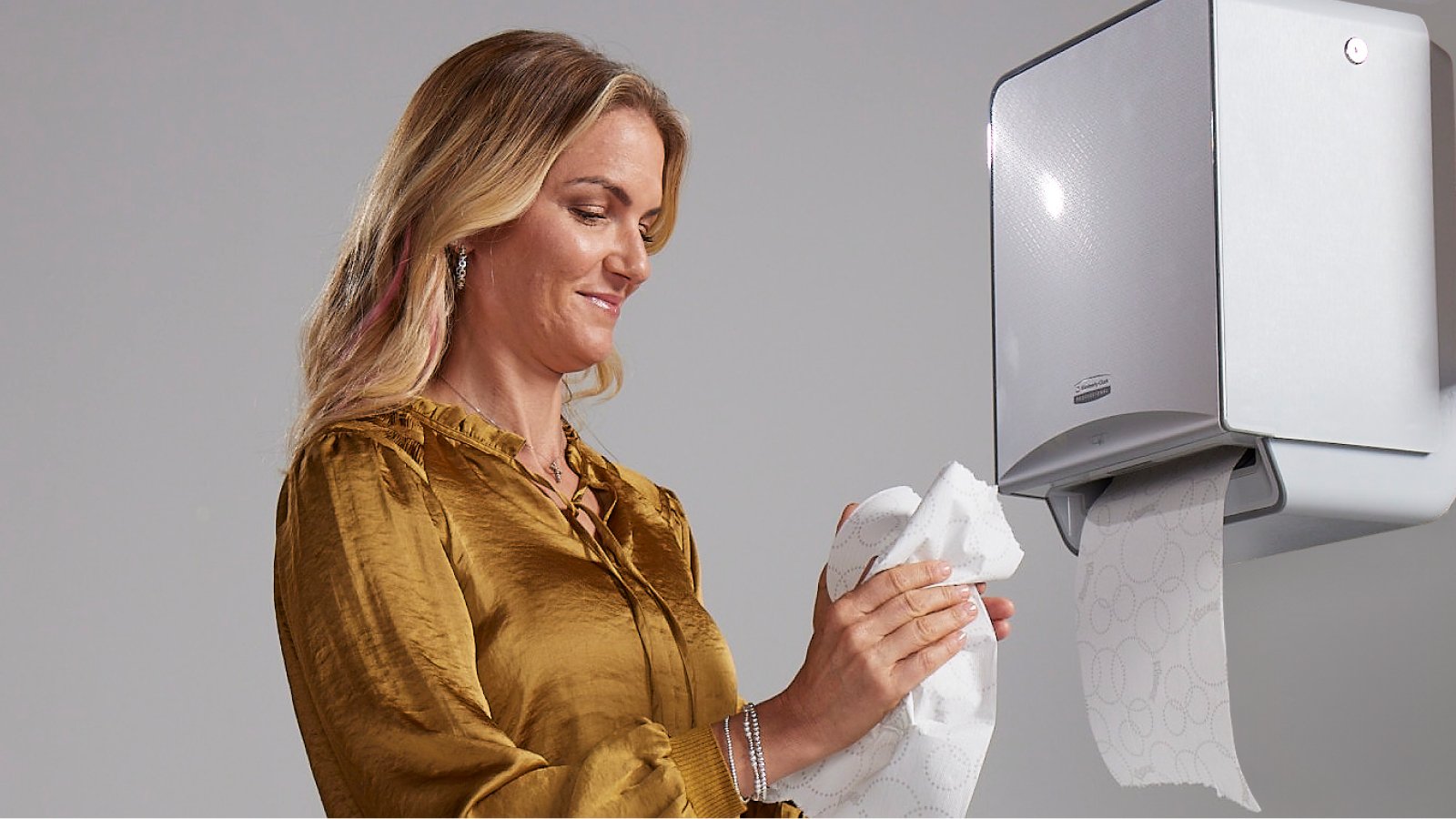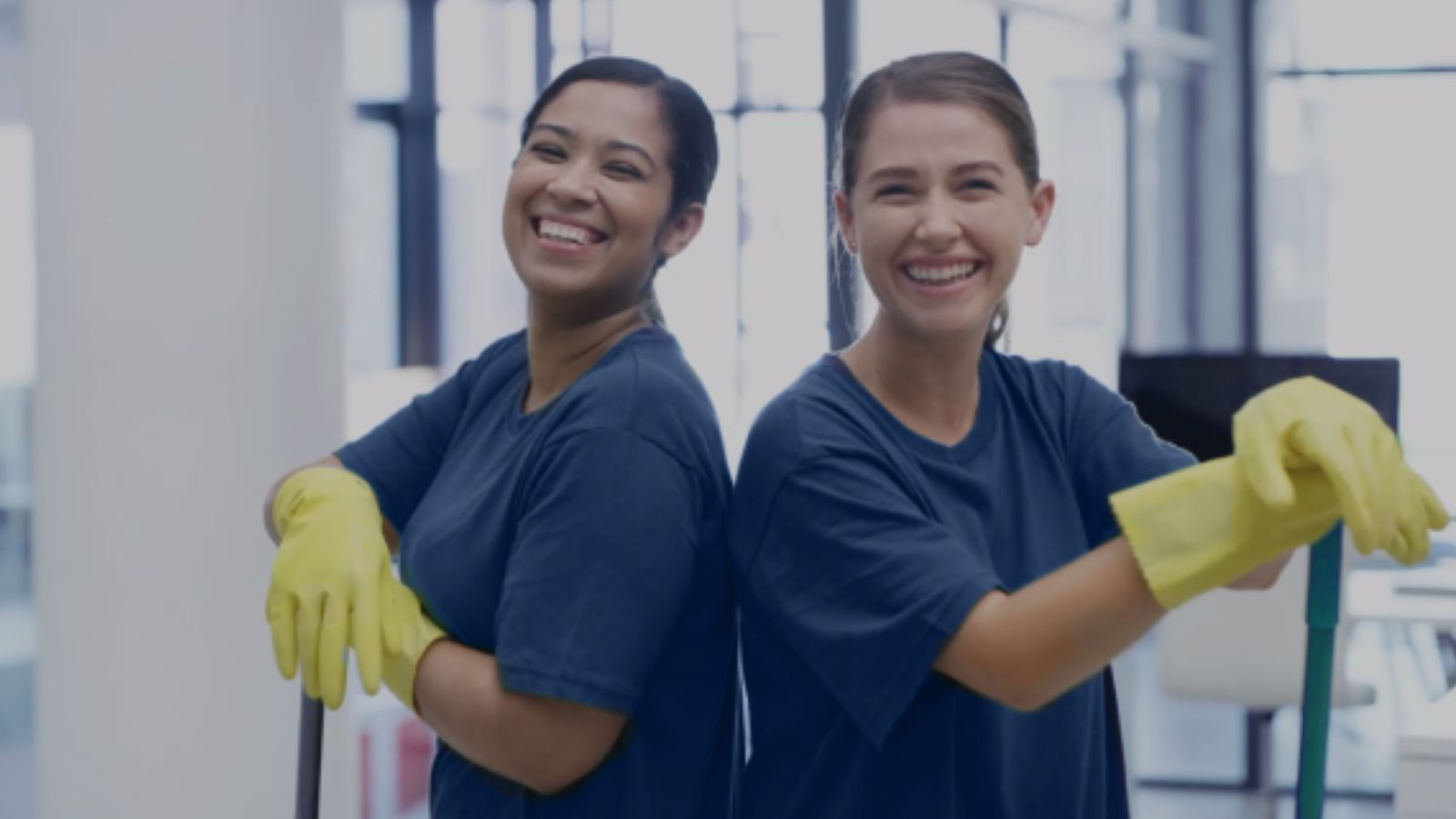Last Updated APRIL 2025
Staffing and sustainability remain key challenges for healthcare’s cleaning partners
The healthcare sector has experienced profound transformation in the last few years, driven by technological innovation, demographic shifts, and global health crises. The focus on so-called ‘patient-centricity’ is also ushering in a new era of ultra-personalised treatment plans and much improved patient engagement.

However, in many corners of the globe, there remains significant disparities in access to care, resources, and positive outcomes. Rising healthcare costs and budget constraints continue to pose financial pressures for healthcare providers, which is having an impact on patient care and the state of hospital buildings.
When it comes to cleaning and washroom maintenance in healthcare, recruitment and retention of staff remains a major challenge. Post pandemic, healthcare organisations expect far more dynamic solutions in their approach, which has meant that a greater degree of innovation and flexibility is essential, according to Lynn Webster, a consultant for the cleaning and facilities management industries. “COVID-19 is no longer the key topic in the media but dealing with ongoing infection prevention continues,” she says. “Recruitment remains an ongoing issue for many, both in retention and attracting staff to the sector.”
Offering training and development to all cleaning staff is the key to reducing churn, sick leave and promoting staff wellbeing and satisfaction, according to Denise Hanson, Commercial Director at the British Institute of Cleaning Science (BICSc). “Good training can endure good productivity rates, cut costs through care and attention to equipment and dilution and increase client satisfaction. It is key to retaining contracts and maintaining staffing levels.”
“The cleaning industry still needs recognition of the vital role it plays. Healthcare organisations could not operate without cleaning support staff. And yet they are still not recognised as a skilled workforce and are often paid the minimum wage rather than a true living wage.”
Kimberly-Clark Professional™ continues to find ways to help customers to streamline their maintenance operations and make it easier to service washroom facilities. Our products and solutions are designed with the end user in mind. For instance, while most dispensers are designed around paper, our ICON™ Dispenser Collection has been created specifically for facilities managers. It offers the best servicing experience yet and there is minimal maintenance needed, with 99.9% jam-free performance a high-capacity 380-metre roll and a single set of batteries that deliver up to 150,000 dispenses. The ICON™ Rolled Hand Towel Dispenser, reduces refill times by delivering up to three times the number of hand dries per fully loaded dispenser than leading folded hand towel competitors. The easy-to-read intuitive control panel featured on the dispensers means less training is required to operate the dispensers. Visible lighting and servicing cues indicate new consumable requirements, reducing guesswork on servicing needs. These types of tailored solutions address common challenges in the healthcare sector, putting patients first and making it easier for cleaners and facilities managers to do their job.
There is also an acute focus on delivering sustainability in the healthcare sector. The cost savings associated with reduced energy, carbon, water, and waste are incredibly attractive to increasingly stretched services.
And more and more healthcare organisations are keen to demonstrate their suppliers are also taking environmental impacts seriously. Many want to show the products and services they are buying have a very limited, or even zero emissions, impact. “The biggest change we have seen over the past 12 months is the overall drive and priority now being applied to demonstrating environmental best practice,” says Alan Stenson, CEO of the sustainability consultancy Neutral Carbon Zone. “The need to do more is growing. Providing a certified carbon neutral product or service offering by quantifying and officially balancing the associated emissions offers genuine value.”
Webster agrees, pointing to a number of healthcare organisations that are demanding to know the environmental, social and governance (ESG) performance of their cleaning partners as part of their supplier tendering process. It’s one of the reasons Kimberly-Clark Professional continues to provide sustainable washroom solutions. For example, our toilet tissue range is FSC® certified, and our complete Scott® Toilet Tissue range is 100% recycled. All our hand towels have FSC® or EU Ecolabel certification, and our Airflex™ Technology for our hand towels uses up to 17% less fibre.
In addition, our hand towel recycling service, known as The RightCycle™ Programme, offers a closed loop service so that each used towel is turned back into new Kimberly-Clark Professional™ paper products. It’s a service that is helping healthcare customers reduce their waste by up to 25% and increase their recycling rate by up to 5%.2
Overall, the convergence of healthcare and technology offers plenty of opportunities to enhance care delivery, improve outcomes, and improve operational efficiency. However, innovation is moving faster than some organisations can invest in, warns Webster. “Certainly, the application of smart technology are major areas of development. But they need to be handled carefully and used appropriately – and not just taken on board as a perceived gimmick.”
Healthcare is at a pivotal juncture, presented with both unprecedented challenges and significant opportunities. The cleaning and washroom maintenance sector can play a key role as the industry embraces digital transformation and continues to prioritise patient safety and wellbeing.
1. https://www.mordorintelligence.com/industry-reports/digital-health-market
2. Based on UK offices per person average kilogramme of waste











